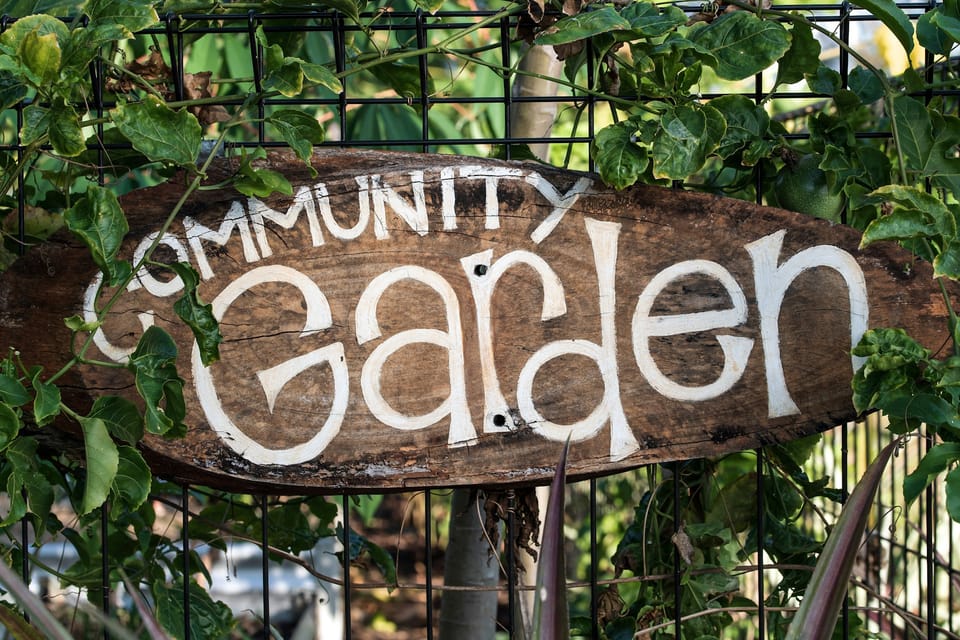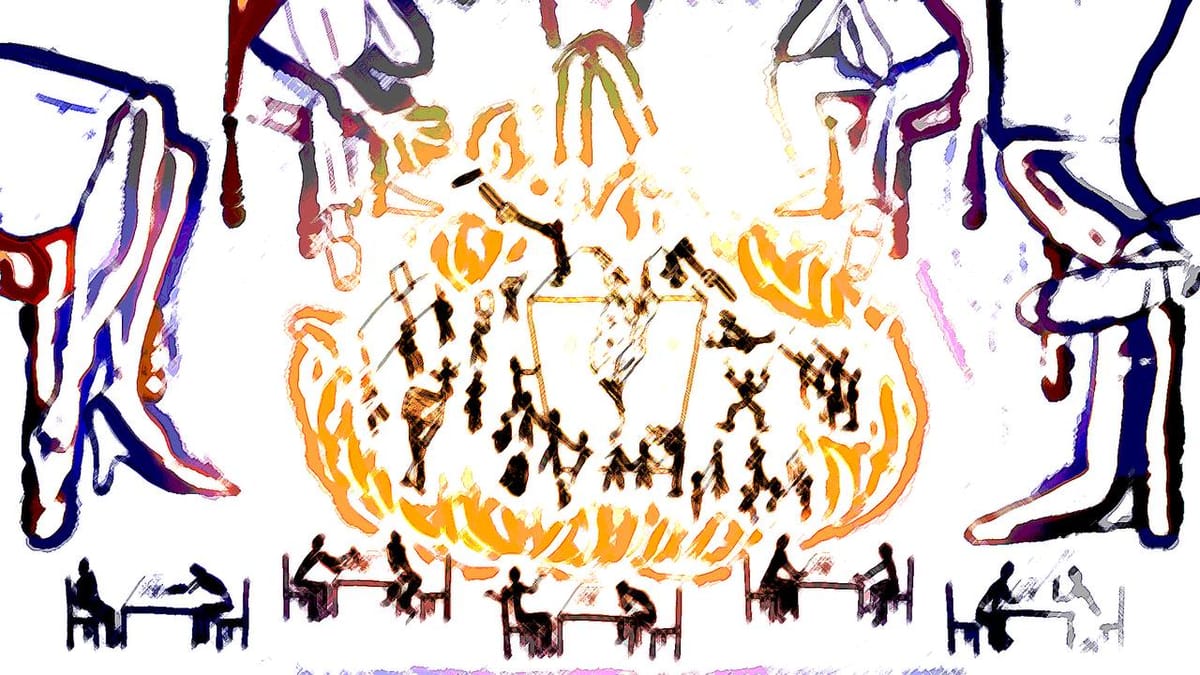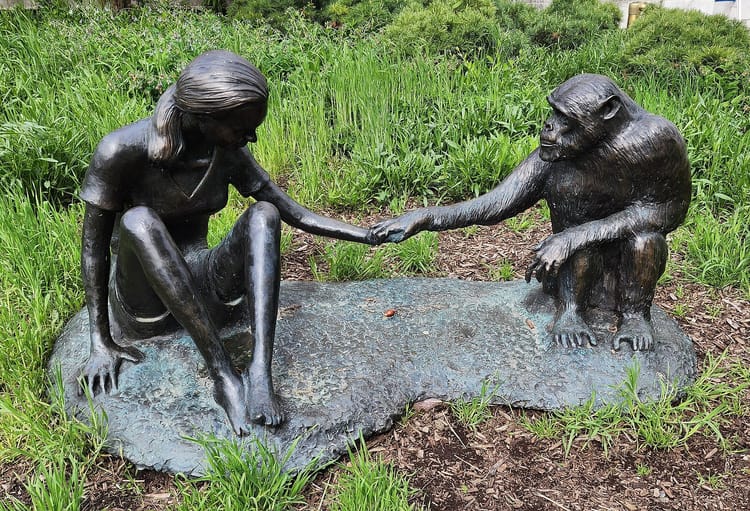I wish my apartment complex had more community spirit

When I received the breakdown of my rent from my landlord earlier this month, it made me genuinely happy to see that a decent chunk of my outgoings were for communal spaces. The fruits of my labour help keep the children’s play area clean and maintain the central courtyard, bursting with all manner of greenery the nightingales flitter between when they sing their spring song. At the same time, however, the communal spaces lack a human presence.
Contact with my neighbours has been sparse since I moved in. One is a sweet Macedonian lady who has lived in her apartment for 40 years and shares some of my cultural critiques of German society—I plan on baking her a batch of cookies for her birthday next month. Another is a German pensioner who told me that Germany wasn’t actually responsible for the Holocaust, and that he voted for the far-right AfD, when we drank a beer together. A mixed bag so far.
Those are two very different examples of potentially hundreds of people living in the complex. Sometimes I see people strolling through the courtyard while I observe from my kitchen window like Rapunzel with a buzzcut, and I wonder what their stories are. While there’s nothing stopping me from asking, for sure, I wish there was a real space where we could all congregate with purpose—and I’d even be happy to pay more for that in my rent.
Barely anybody spends time in the courtyard, even in summer, and the whole thing feels like a wasted opportunity. There’s so much potential to build some sort of space where people living here could run events for free. I’m imagining a small kitchen or café, where people from different backgrounds could cook the foods of their cultures, that could then be converted into a place to discuss local issues or watch movies in the evening. Any potential profits could be invested back in the space or support those in the complex who are struggling financially.
It doesn’t even have to go that far. Currently, it would be a violation of my contract to grow crops in the courtyard, despite there being more than enough space for some sort of community garden. I would love to work alongside my neighbours, hopefully those with a green thumb who’d be able to teach me the ways of the soil, to tend to a plot that would be open for all to use.

There’s no reason any of this couldn’t be a reality, as social housing in Vienna already has this kind of infrastructure. About half of the population of the city lives in buildings with amenities like communal libraries and rooftop gardens filled with rosemary. Community gardens have been shown to improve community connections that have been gradually eroding in recent years.
When I think back across my entire life, I've never had any kind of relationship with my neighbours. In some ways, that's a reflection of life as a renter—the instability of not knowing when you might have to leave a place makes you cautious about spreading your roots too deep. In others, it's most certainly due to a lack of infrastructure and the increasingly individualised society we live in.
After moving in, my neighbour who voted for the far-right knocked on my door every few days asking me to drink a beer with him (usually on a weekday afternoon at 2pm while I was working). Like many in today's world, he's lonely. Would a community space, and therefore a place for him to feel connected to others, excise the scourge of fascism from him? No, I'm not that naive.
Community spaces aren't going to convert people from believing in reactionary politics. When far-right thugs take to the streets or try to intimidate people, however, it's communities that are pushing back. When floods or other extreme weather events shock our cities, it's communities that support each other. When another potential pandemic rips through society, it's communities that will ensure the survival of their most vulnerable members.
Hopefully that batch of cookies for my neighbour is the first of many to come.






Member discussion